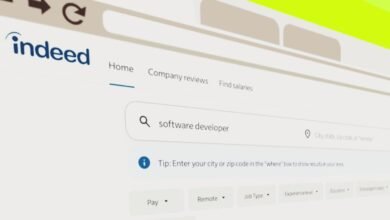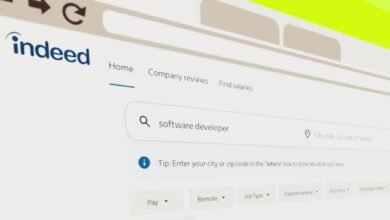Software Engineer Job Crisis? Sridhar Vembu Warns of Power Shift

▼ Summary
– Sridhar Vembu argues that AI’s real threat isn’t mass unemployment but a broken economic system favoring tech monopolies.
– He dismisses near-term AI-driven automation replacing all coders but questions how people would afford goods from fully automated factories.
– Vembu suggests robot-made goods could become nearly free, while human-centered jobs like caregiving and farming may become high-paying.
– He emphasizes the need for governments to regulate tech monopolies to ensure automation benefits are widely shared.
– Vembu concludes that policy, not AI, will determine which countries succeed in adapting to automation’s economic challenges.
The future of work may look radically different than today’s tech-dominated landscape, according to Zoho founder Sridhar Vembu. In a thought-provoking social media post, the entrepreneur challenged conventional fears about AI-driven job losses, suggesting the real issue lies in how economic systems adapt to automation rather than automation itself.
Vembu dismissed apocalyptic predictions of software engineering becoming obsolete overnight, stating current AI capabilities fall far short of fully replacing human developers. However, he posed a critical question: If machines eventually automate all coding jobs, how would people afford goods from factories that employ virtually no workers? His answer shifts focus from technology to economics.
One possibility involves robot-made products becoming so inexpensive they approach being free—similar to how no one pays for air. But the more plausible scenario, Vembu argues, is a resurgence in demand for inherently human skills. Professions like childcare, nursing, organic farming, and live music performance could command premium wages precisely because they rely on emotional intelligence, creativity, and physical presence—qualities machines struggle to replicate.
The catch? This transition depends heavily on policy decisions. Vembu emphasized that governments must curb tech monopolies to prevent a handful of corporations from monopolizing automation’s profits. Without intervention, he warns, economic inequality could worsen as productivity gains concentrate among a small elite.
His closing remark carried both warning and hope: At least one nation will likely strike the right balance between technology and equitable distribution. The implication is clear—while AI transforms industries, societal outcomes hinge on political choices, not just technological progress. The jobs of tomorrow may look unfamiliar, but their value will be determined by how economies prioritize human needs over corporate dominance.
(Source: Business Today)





